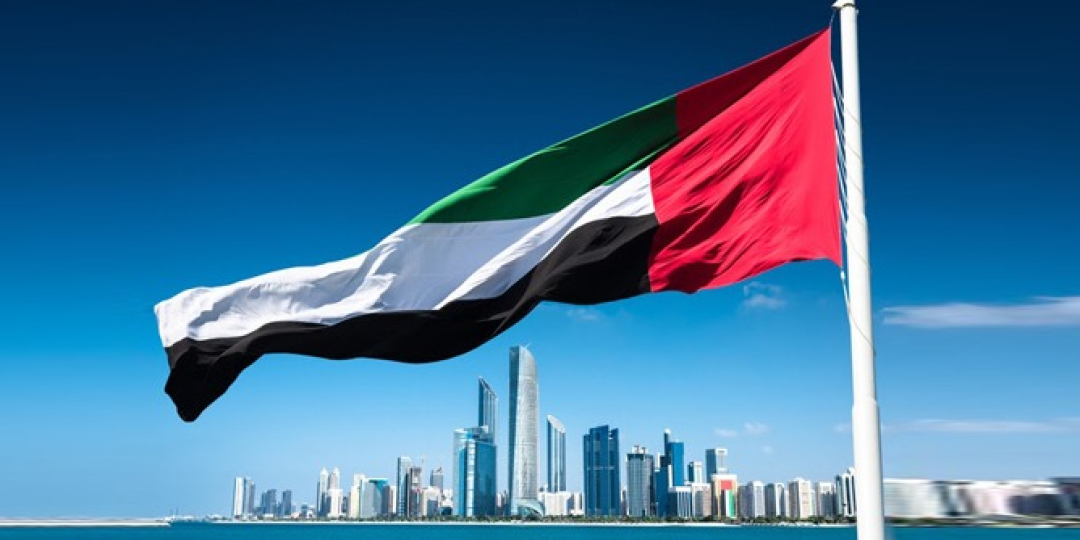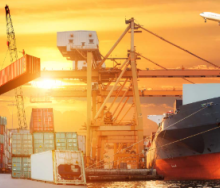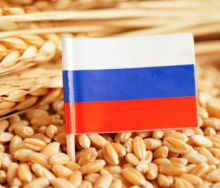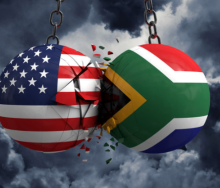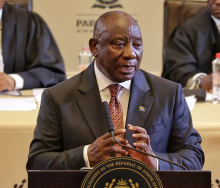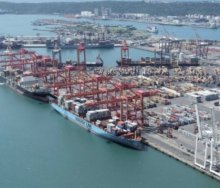China has invested heavily in Africa’s infrastructure development under its Belt and Road Initiative (BRI) for the past ten years, but even the world’s second-largest economy has had to cut back funding due to tough economic times.
The economic slump brought on by the Covid-19 pandemic has seen the country restructure the BRI, which led it to cut funding for most of its infrastructure development projects in Africa.
However, this gap has been filled rather quickly by investments by the United Arab Emirates (UAE), which has expanded its footprint across the continent in several significant port and other infrastructure projects.
The UAE is the fourth-largest investor in Africa followed by China, Europe and the United States.
UAE launched its ‘Principles of the 50’ document in 2021, which highlights its growth path for the next 50 years and focuses on a renewed foreign policy that places its economy first.
Dubai-based DP World and Abu-Dhabi’s AD Ports have extended their influence across African ports over the past ten years. Both port operators are owned by UAE royal families.
DP World and AD Ports operate 12 port facilities in Africa, including a logistics platform in Rwanda.
DP World’s acquisition of South Africa-based Imperial Logistics, which provides services across 26 African and European countries, has contributed significantly to this growth in revenue and the company’s strength on the continent. Africa comprised 10% of DP World’s revenue in 2021, via its port operations in seven African countries.
AD Ports acquired a controlling stake in Egypt’s Transmar Shipping and Transcargo International Company (TCI) in 2021, providing the operator with a leading position in port operations in the region.
UAE’s port operations in Africa are structured under port concessions averaging more than 20 years, positioning it as a top competitor to China, which is seeking port concessions on the continent.
Eleonara Ardemagni, a senior research fellow at the Italian Institute for International Political Studies, explained that the UAE’s “string of ports strategy” allowed it to access African economies and markets.
She said the Jebel Ali port in Dubai played the role of a super hub, linking Africa and Asia.
“It is a One Port, One Node Strategy, with each African port representing a node connecting the Gulf with Africa,” Ardemangi said.
